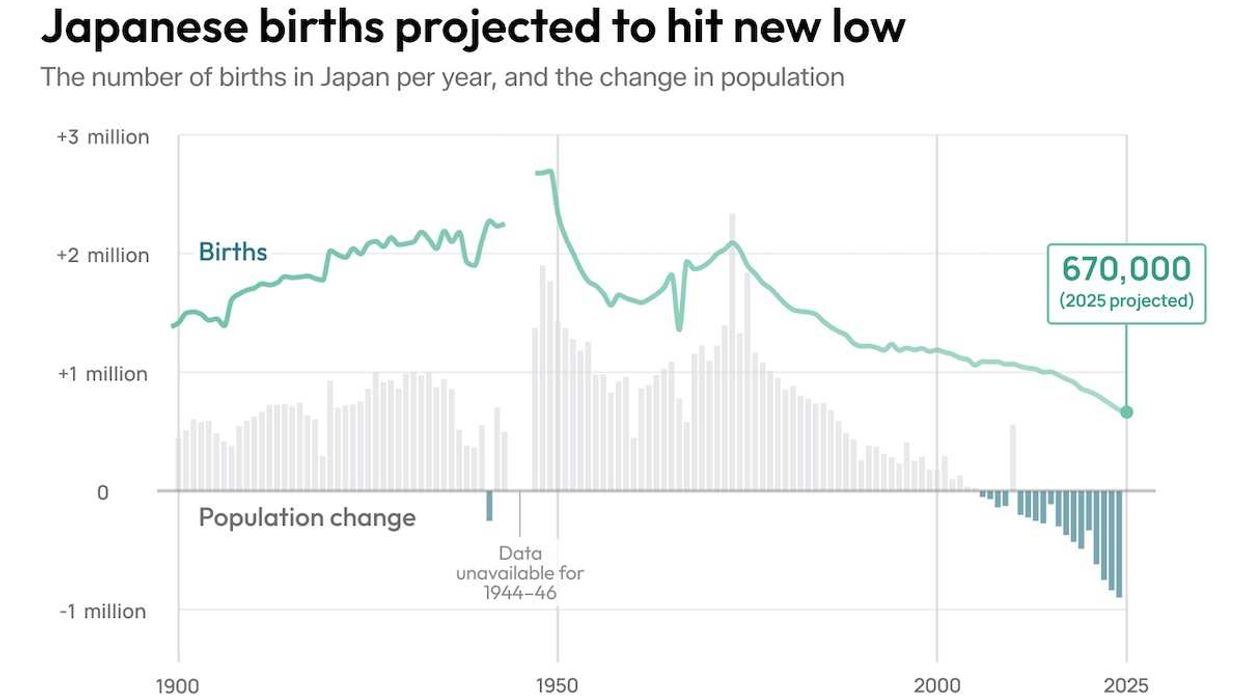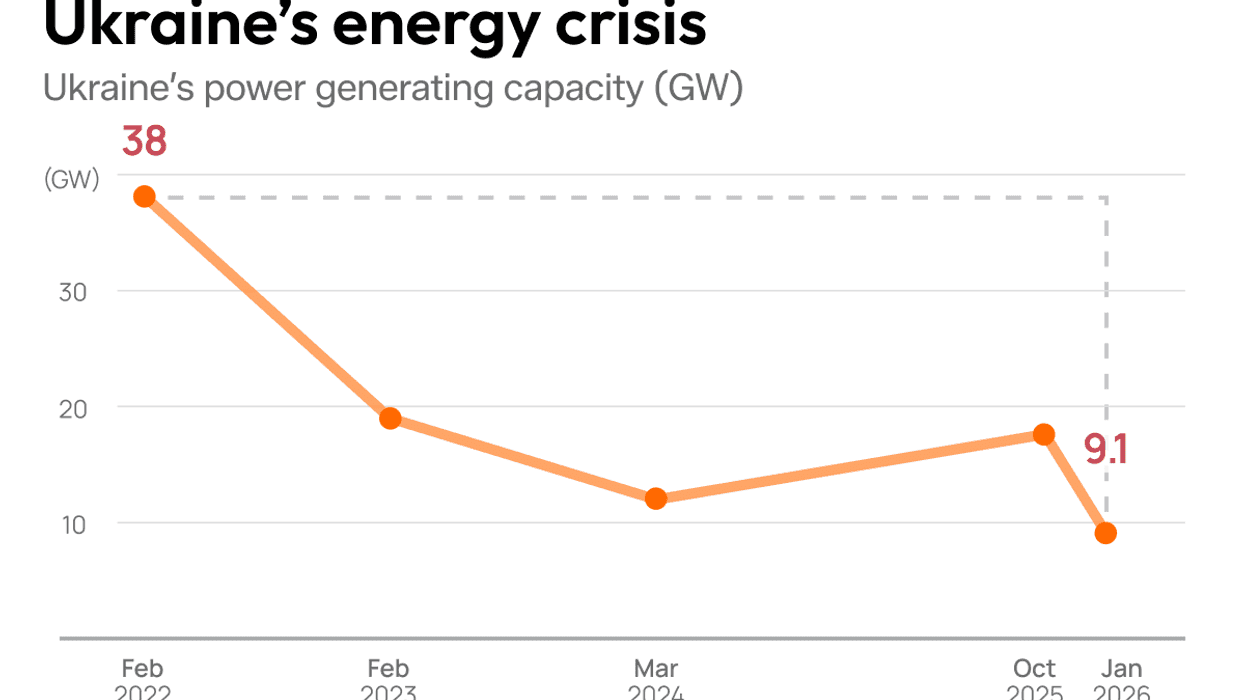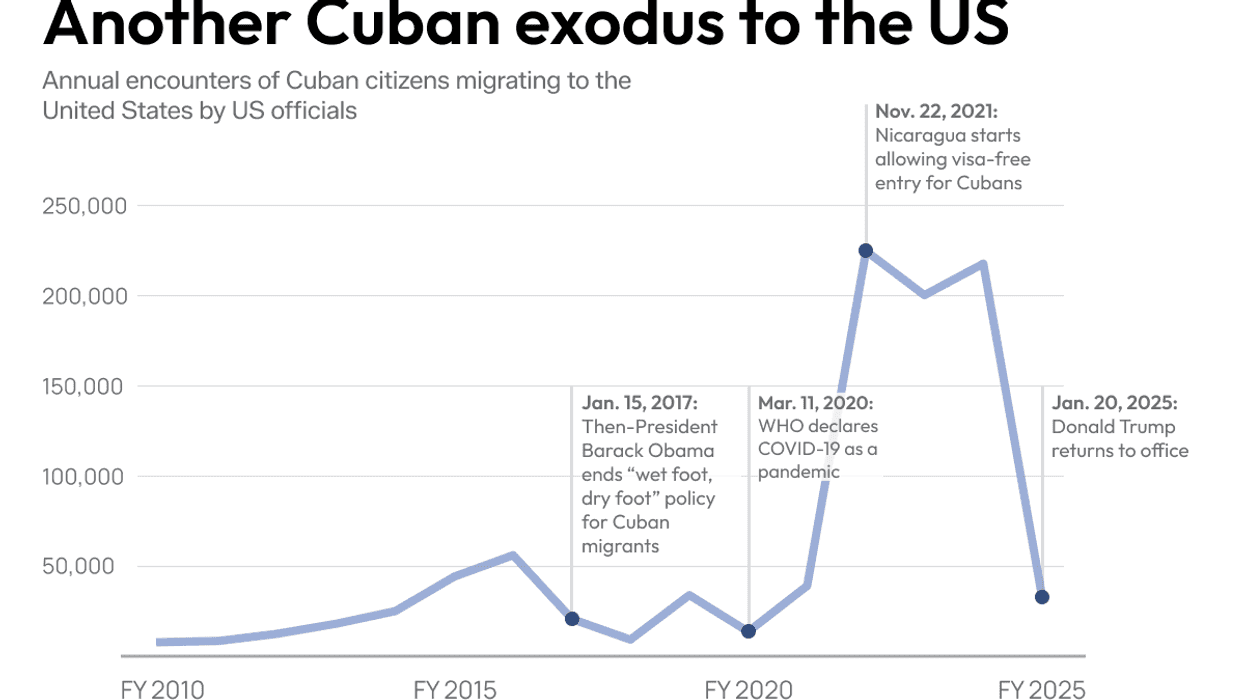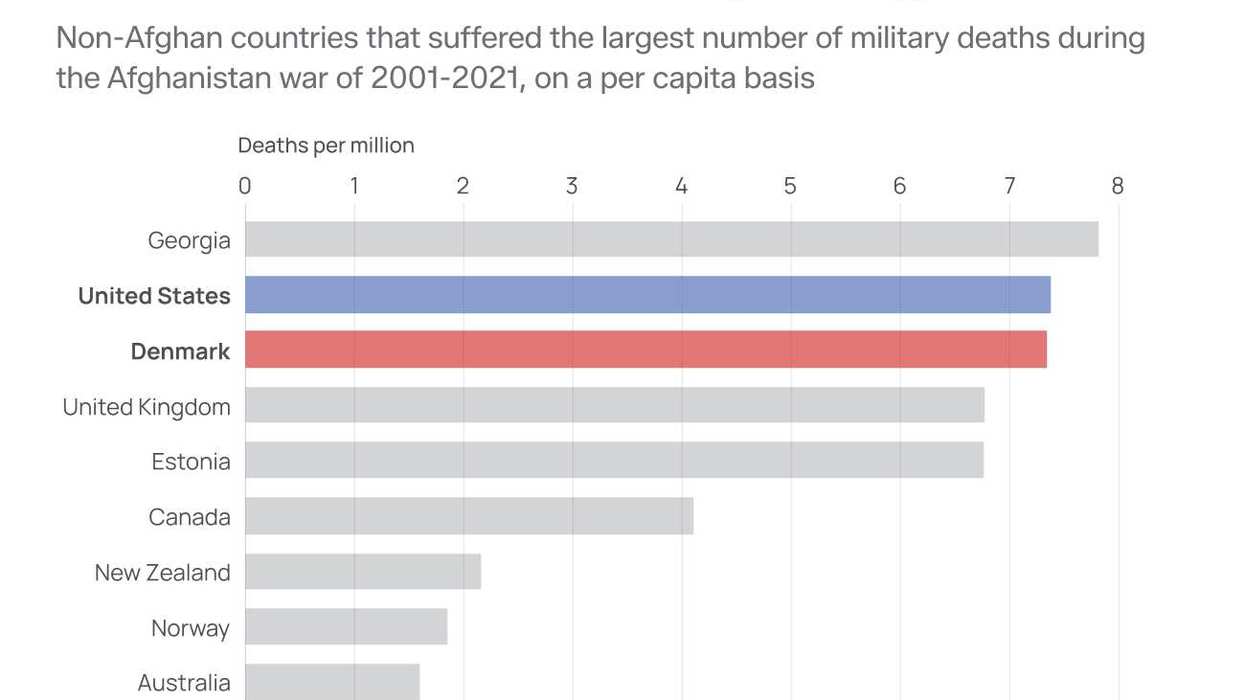Japan’s ruling coalition lost control of the upper house in Sunday’s election, further weakening Prime Minister Shigeru Ishiba amid growing domestic pressure and international challenges. To retain its majority, the Liberal Democratic Party and its partner Komeito needed to win 50 seats – they got only 47. This follows the LDP’s worst electoral showing in 15 years in last fall’s Lower House election. Rising inflation and opposition calls for tax cuts resonated with voters, while the far-right Sanseito party gained ground with a nationalist, anti-immigration platform. Despite the setback, Ishiba vowed to stay on, stressing the importance of upcoming US trade talks as Japan faces an August tariff deadline. For a refresher on why Shigeru was in such trouble to begin with, see here.
Graphic Truth
Graphic Truth: Japan’s ruling coalition loses majority

By Riley CallananJuly 21, 2025
Riley Callanan
Riley is a writer and reporter for GZERO. When she isn’t writing about global politics, you can find her making GZERO’s crossword puzzles, conducting research on American politics, or persisting in her lifelong quest to learn French. Riley spends her time outside of work grilling, dancing, and wearing many hats (both literally and figuratively).


















